
Introducing Bell & Ross Unveils the BR-X3 Collection
Welcome to the hub of the horoloy
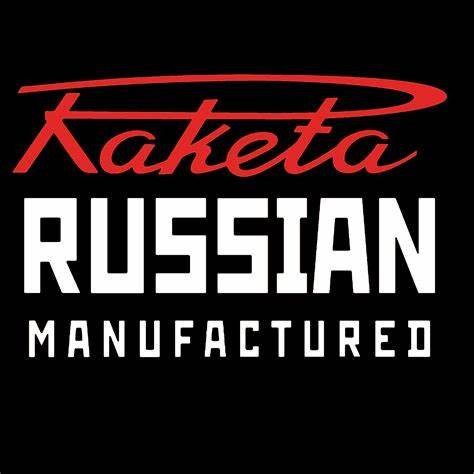
Raketa is a company with roots dating back to the 18th century. By the order of Tsar Peter I, the Petrodvorets Jewelry and Watch Factory was established in 1721. The factory successfully positioned itself as one of the pioneers in the luxury goods industry in Europe. During the World War period, the factory played a crucial role by manufacturing precision components for military use. In April 1945, the Kremlin issued an order to create the Pobeda watch brand, which subsequently became the first watch to enter space.
Since 1961, the factory has produced men's watches under the Raketa brand, named in honor of Yuri Gagarin (Russian for "rocket"). Raketa manufactures 24-hour watches for polar explorers and astronauts, military timepieces for the Russian Army and Navy, as well as mechanical wrist and pocket watches for Russian citizens. All Raketa watches are crafted in Petergof (Petrodvorets), a city near St. Petersburg, Russia.
Following the dissolution of the Soviet Union in 1991, the Russian watch industry underwent significant transformations. Raketa, like many other enterprises from the Soviet era, confronted challenges stemming from economic restructuring and heightened competition from foreign brands. Despite these hurdles, Raketa persevered through the turbulent post-Soviet period by adapting to shifting market conditions while preserving its heritage and embracing modernization. The factory continued its tradition of producing mechanical watches, catering to enthusiasts who value traditional craftsmanship.
In recent years, there has been a resurgence of interest in Raketa watches both domestically and internationally. The brand's rich history, coupled with its distinctive designs and mechanical movements, has garnered attention from collectors and enthusiasts worldwide. Raketa watches have rightfully earned a prestigious reputation in the global market, offering a blend of modern styling, accuracy, reliability, and longevity to meet the most discerning tastes. Additionally, their reasonable pricing adds to their appeal. The diverse range of Raketa timepieces includes calendar watches, 24-time zone indicators, Sonar watches, and Raketa Big Zero.
Some of the most renowned Raketa men's wristwatches include the Raketa Big Zero, Copernicus (Copernic), Raketa 24-hour, Eternal Calendar (Perpetual), Raketa Automatic, WorldTimer, and Raketa 3031.
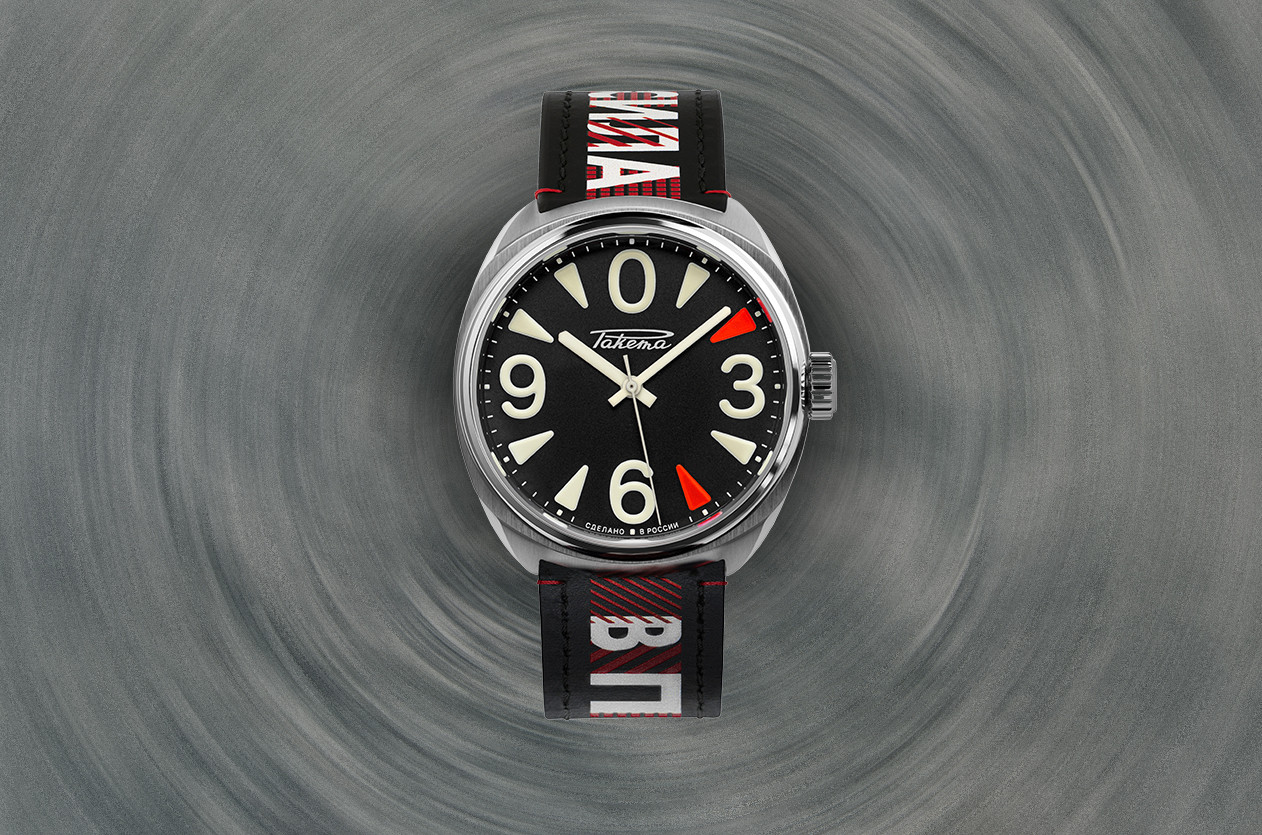
Introducing Raketa Unveils the Limited Edition Big Zero Brother 2
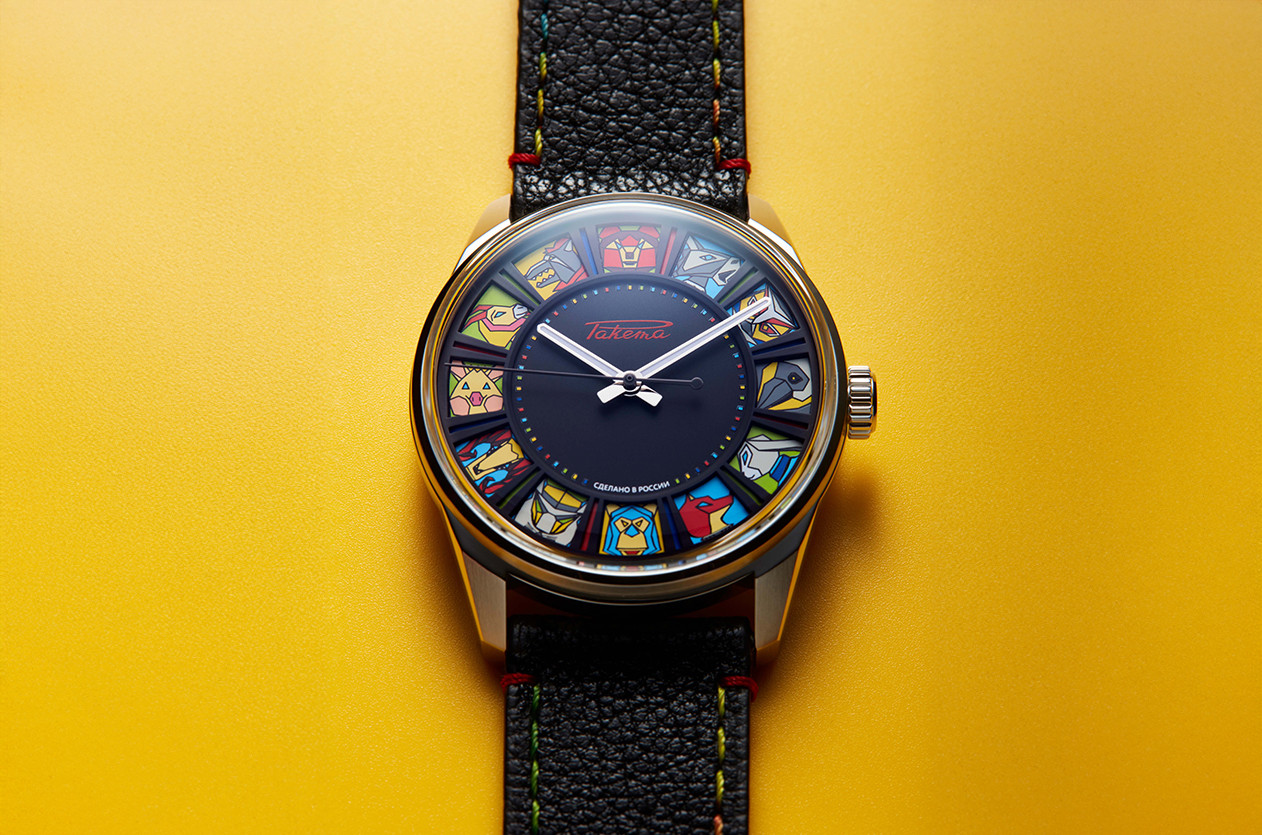
Introducing The New Limited Edition Raketa Theatre

Introducing The Russian Brand Raketa Unveils the Pilot Watch
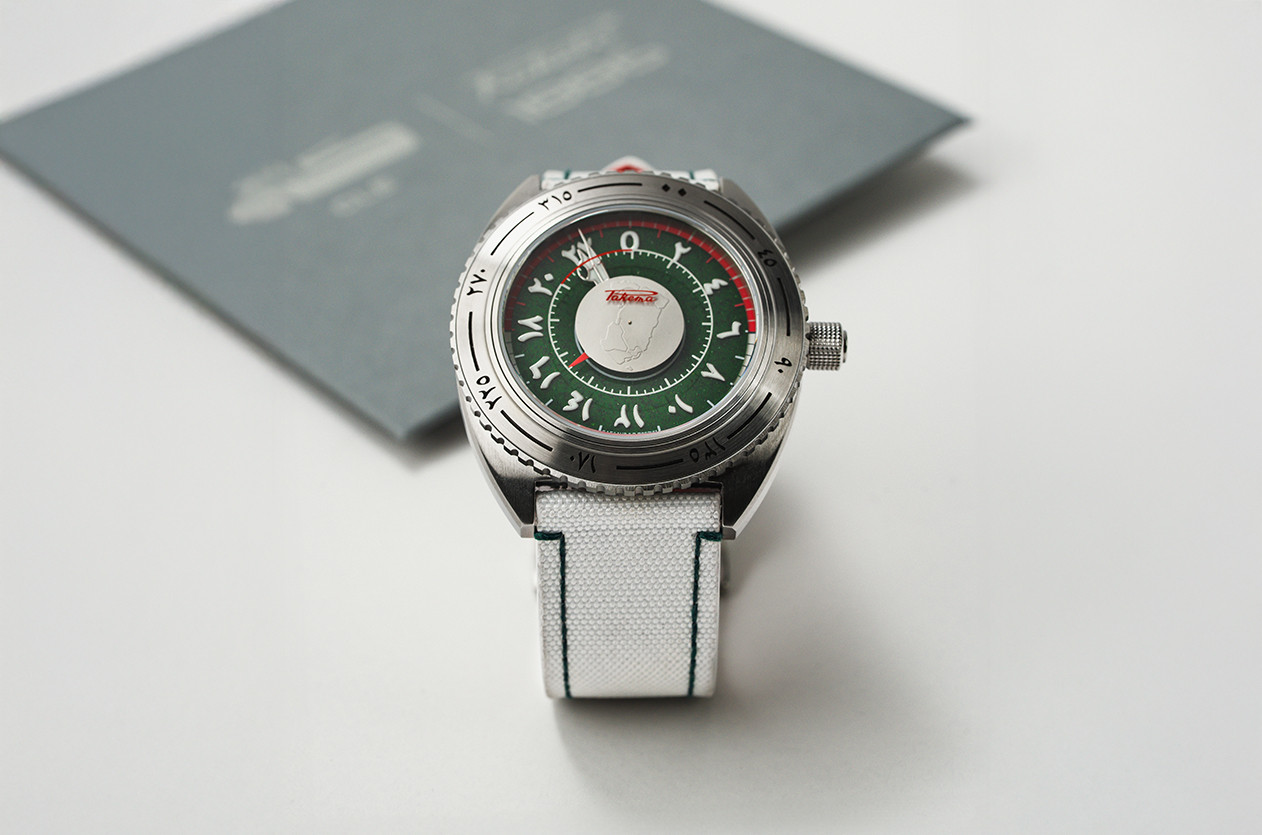
Introducing Clé and Raketa Unveil the Space Launcher “First in Space” Edition
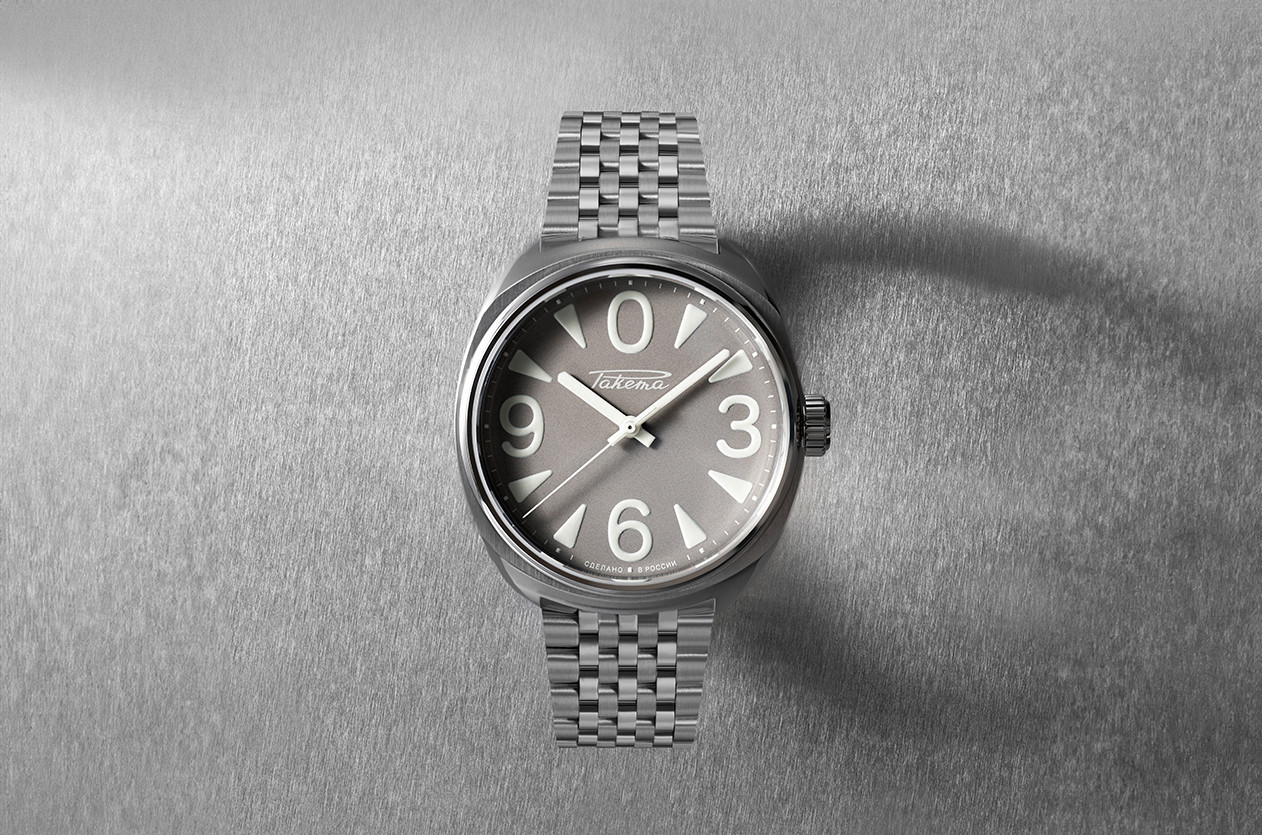
Introducing Raketa Unveils the New Big Zero Grey

Summary Manuel Emch, Waqt’s Personality of the Year 2024
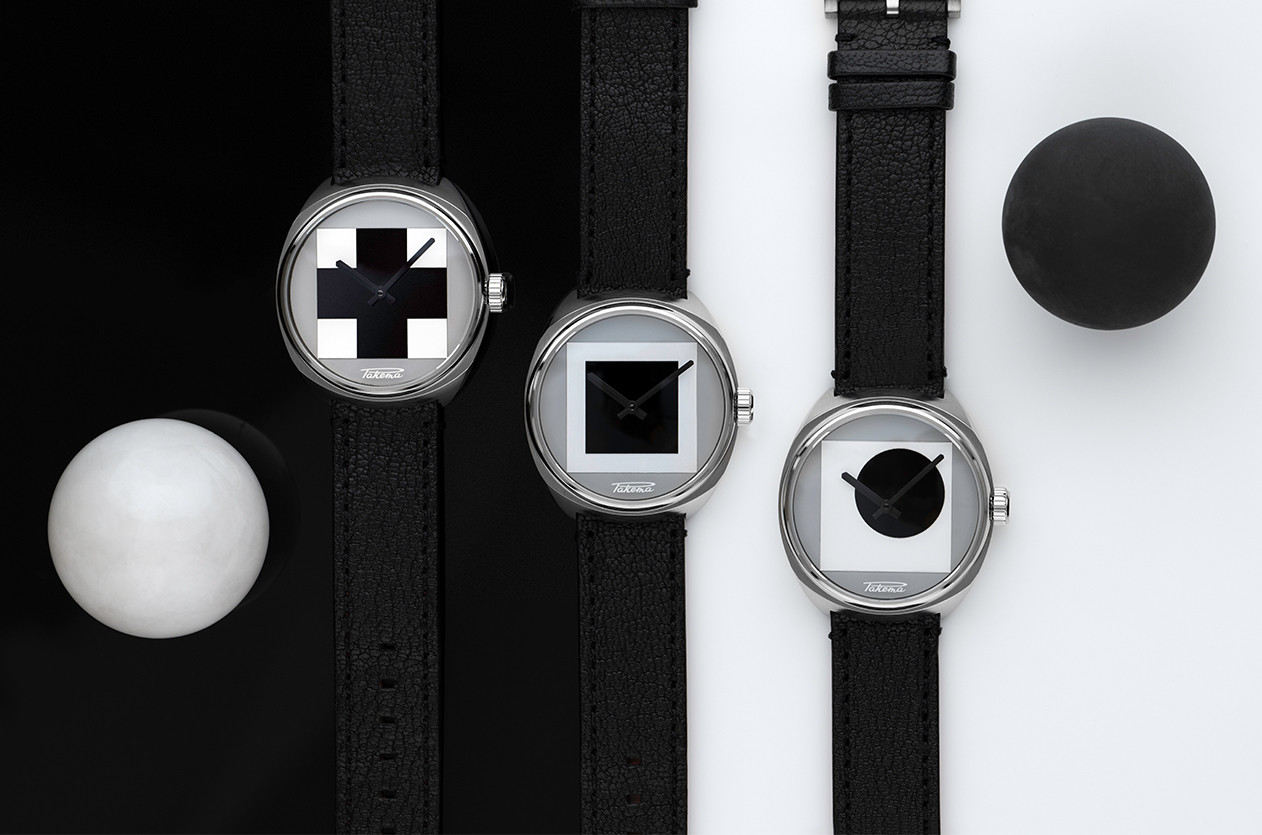
Introducing Raketa With The Russian Museum Announces The Malevich Triptych Collection
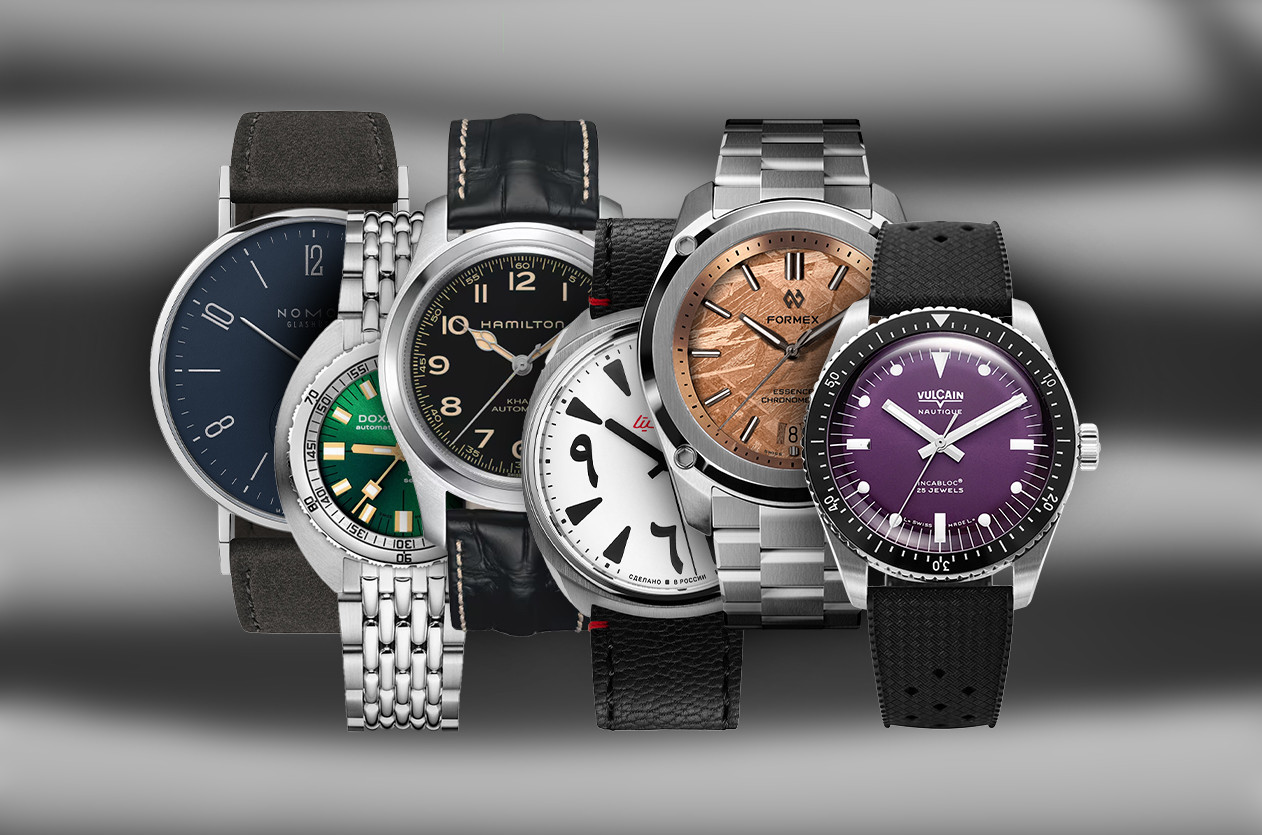
Buying Guide Waqt Picks 6 Exceptional Watches Under $2,000
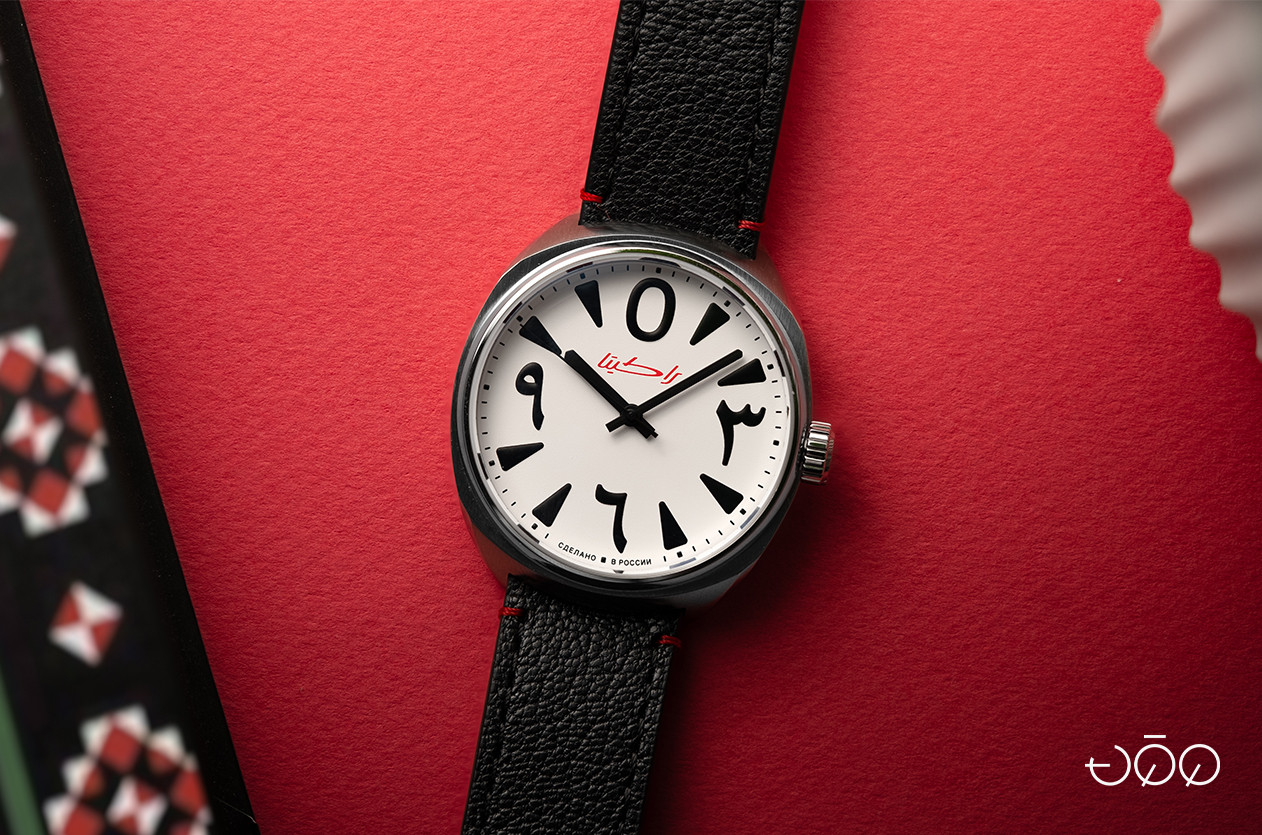
First Look Raketa Unveils "Big Zero Arabic": A Special Edition for Middle East
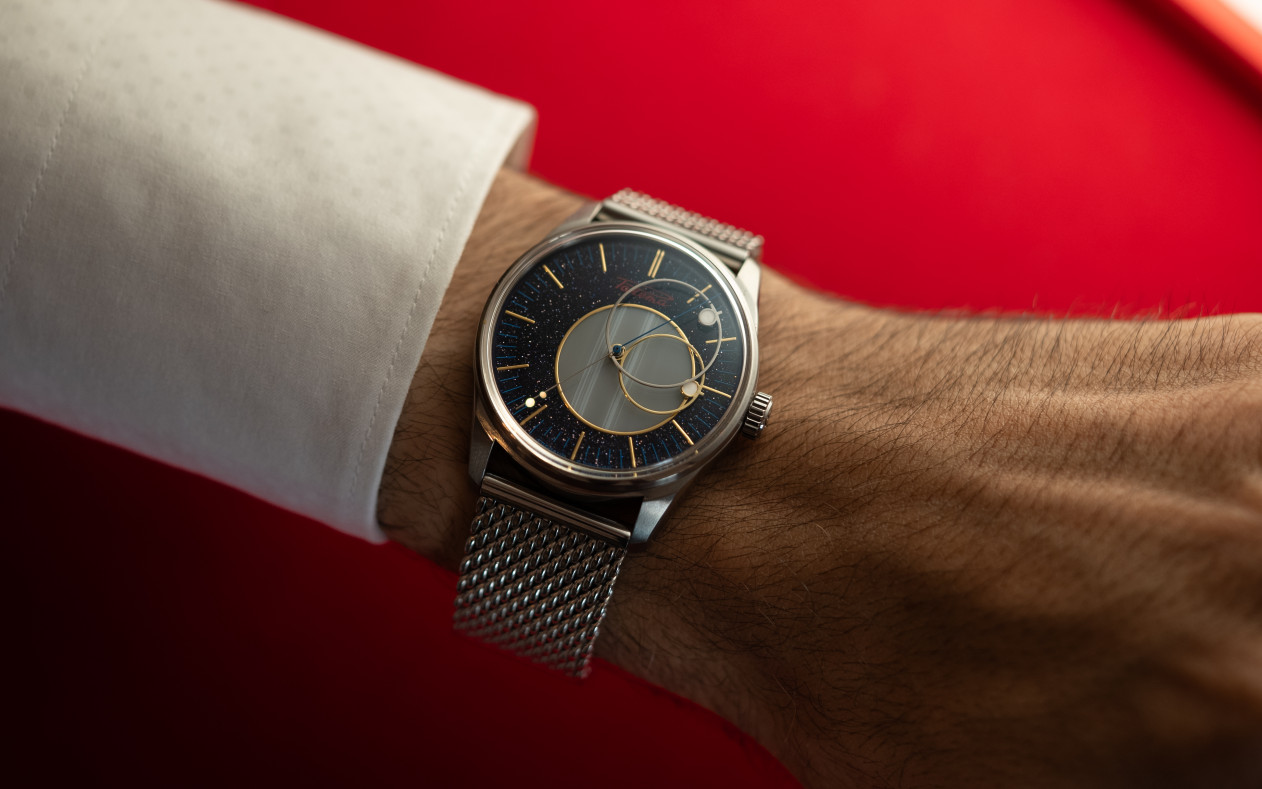
First Look Raketa Takes the Cosmos as Inspiration, and Unveils The Copernicus 0307
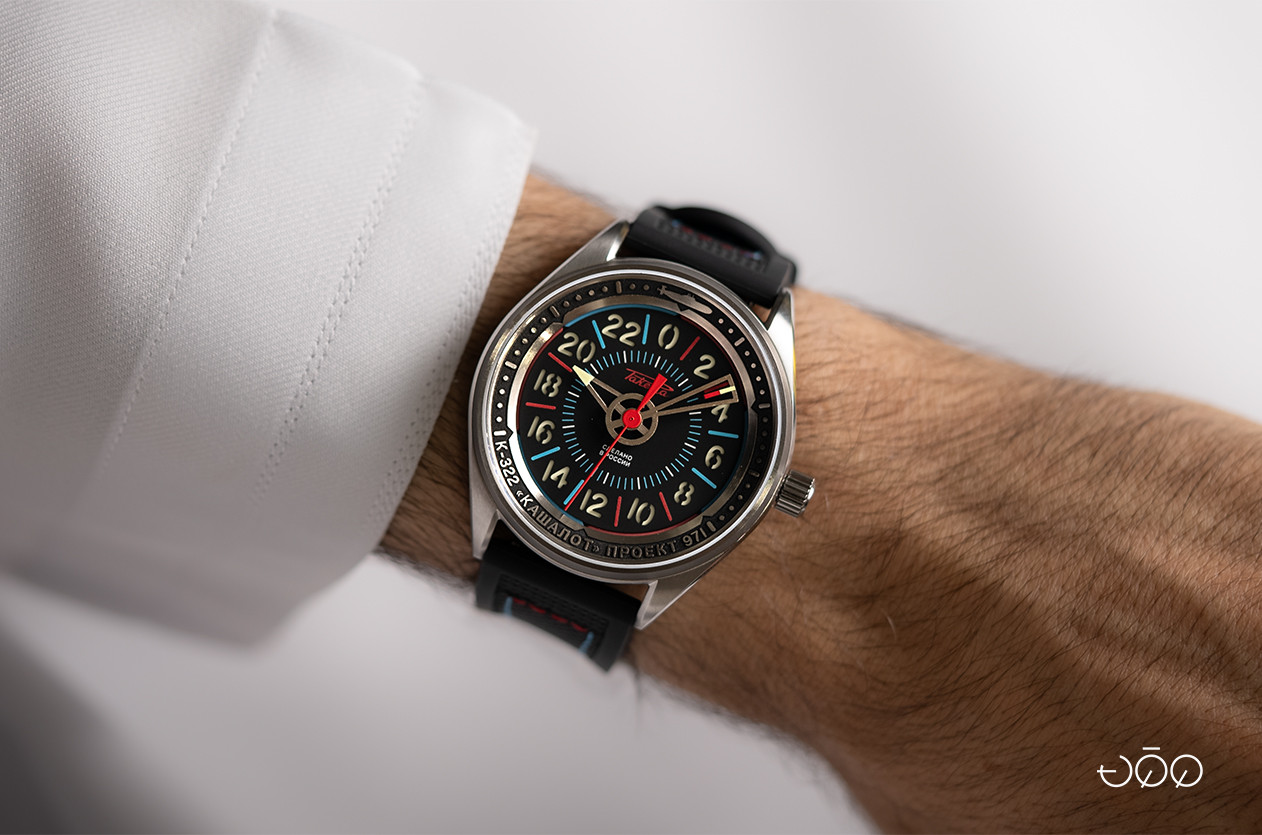
Hands on The Raketa Sonar Limited Edition, Inspired by the Nuclear Submarine Kashalot
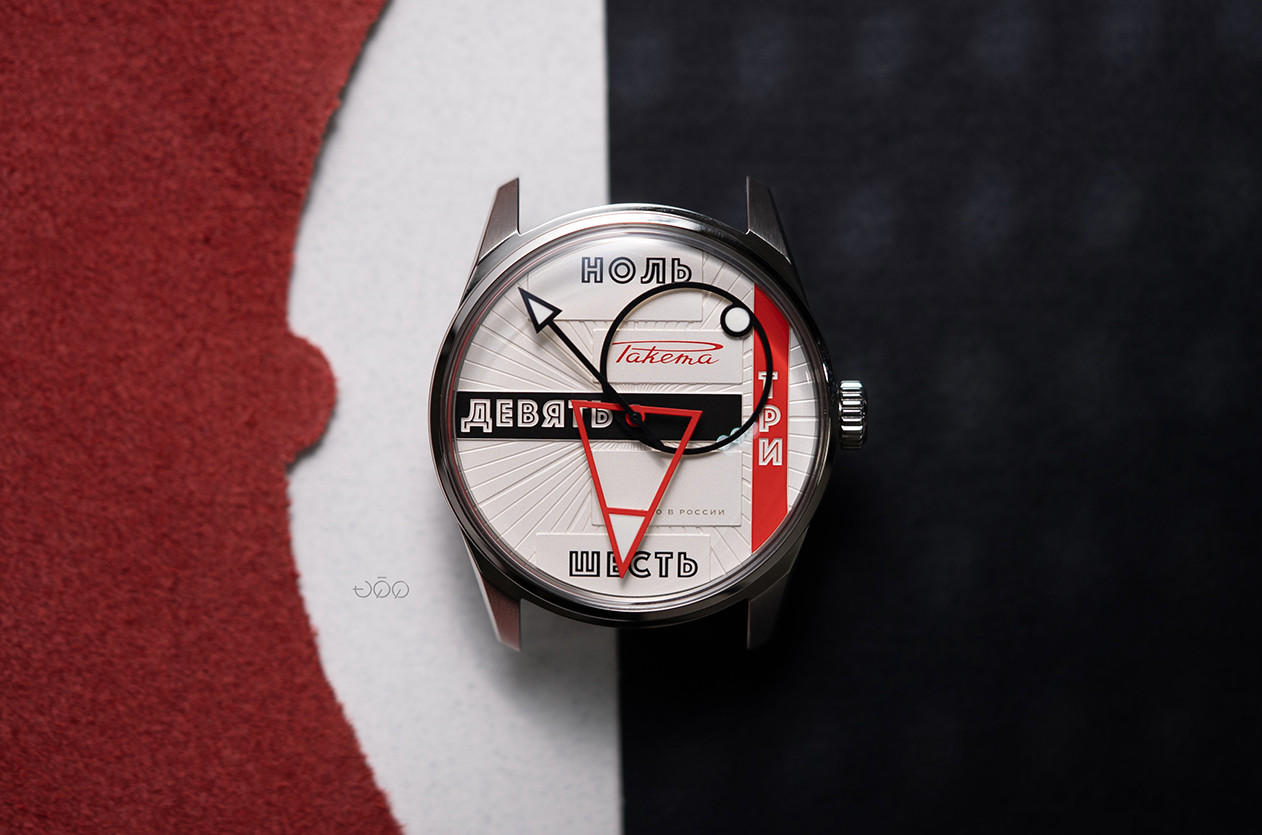
Hands on A Blend of Russian Art & Craftsmanship: The Raketa Avant-Garde
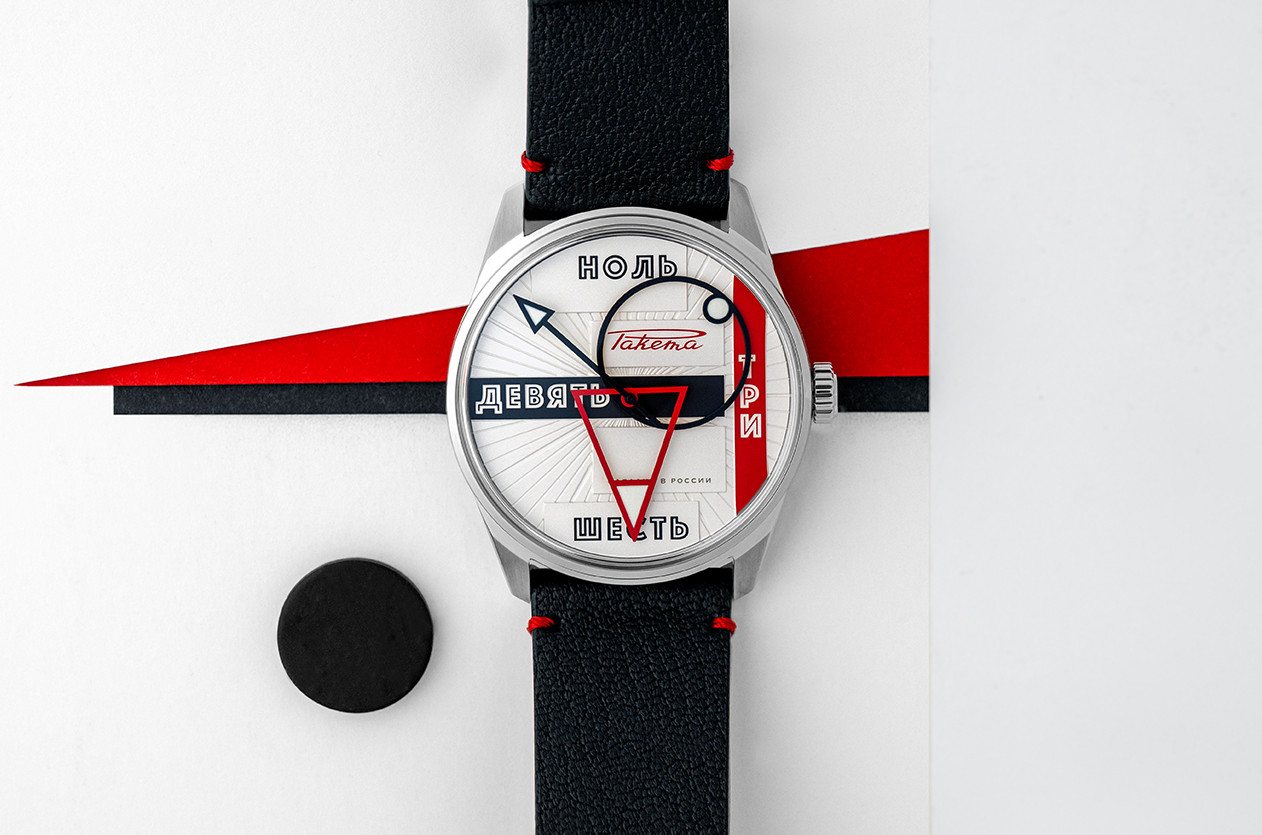
Introducing The New Edition of Raketa Avant-Garde
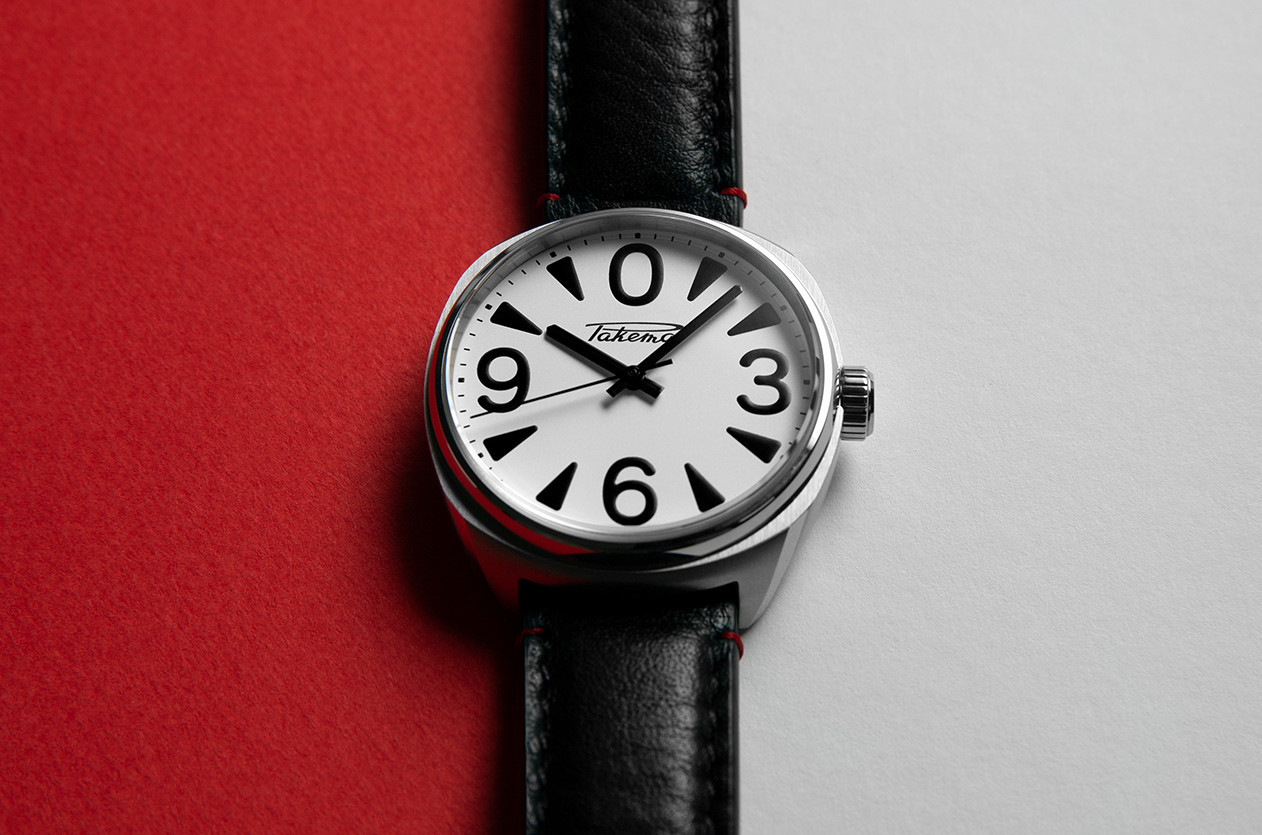
Review The Soviet Era Icon, Raketa Big Zero
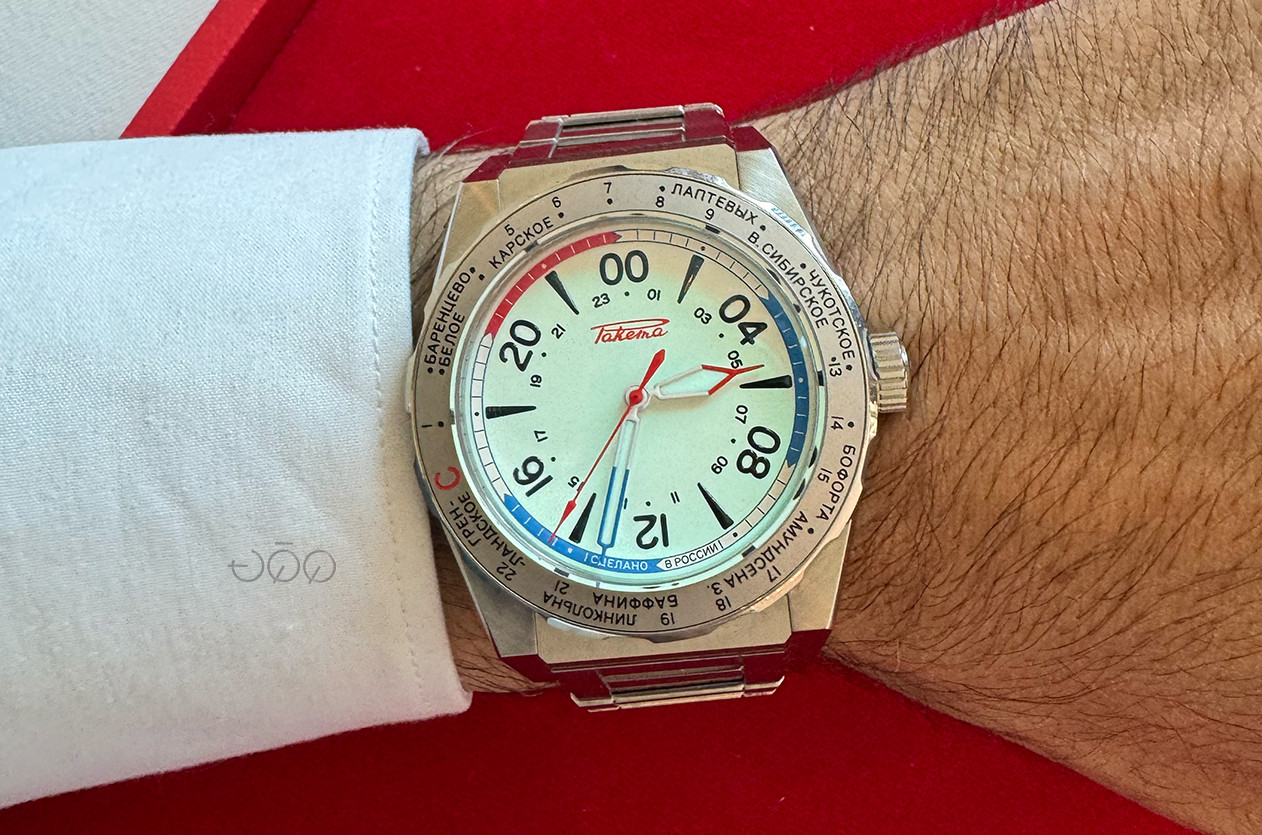
First Look Raketa Continues Their Strategy of Reintroducing Iconic Editions with the Polar
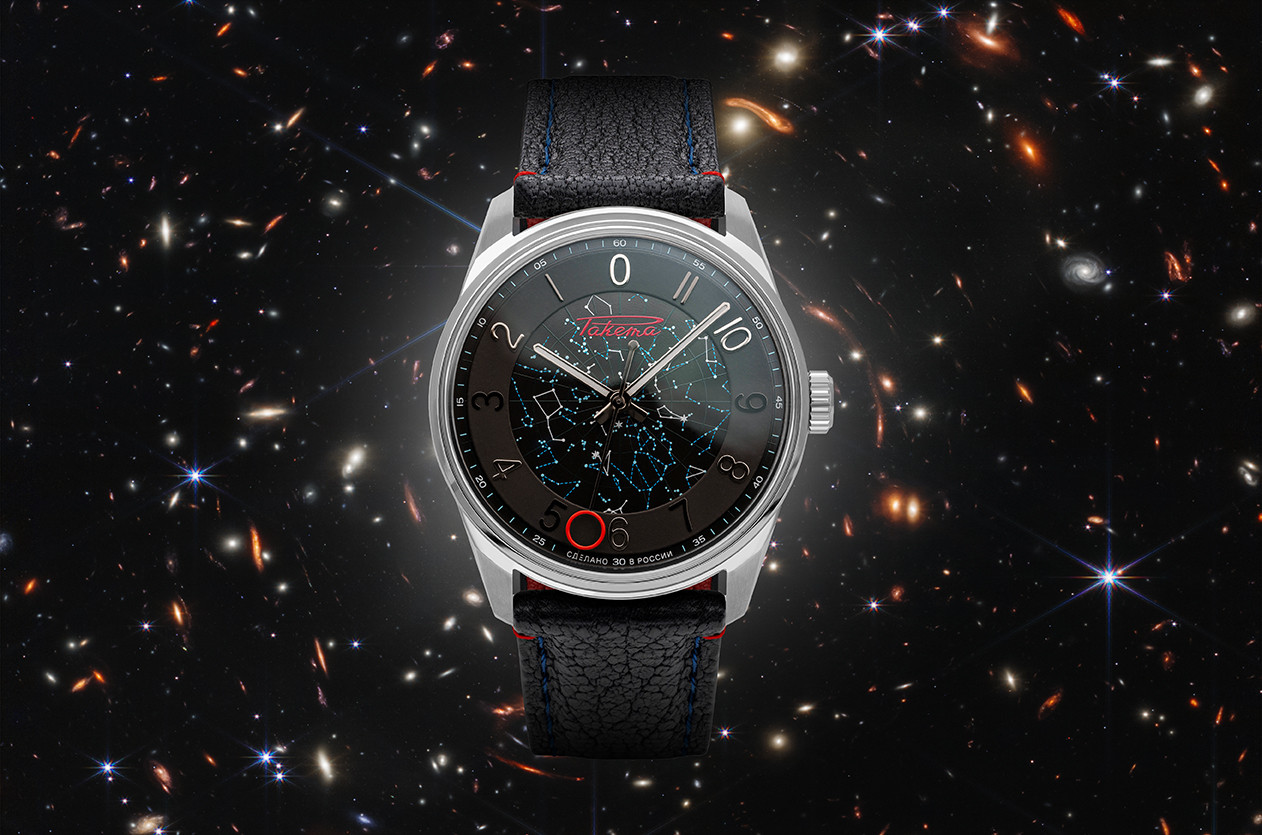
Introducing Raketa Reintroduces One of its Iconic Models: The Russian Code
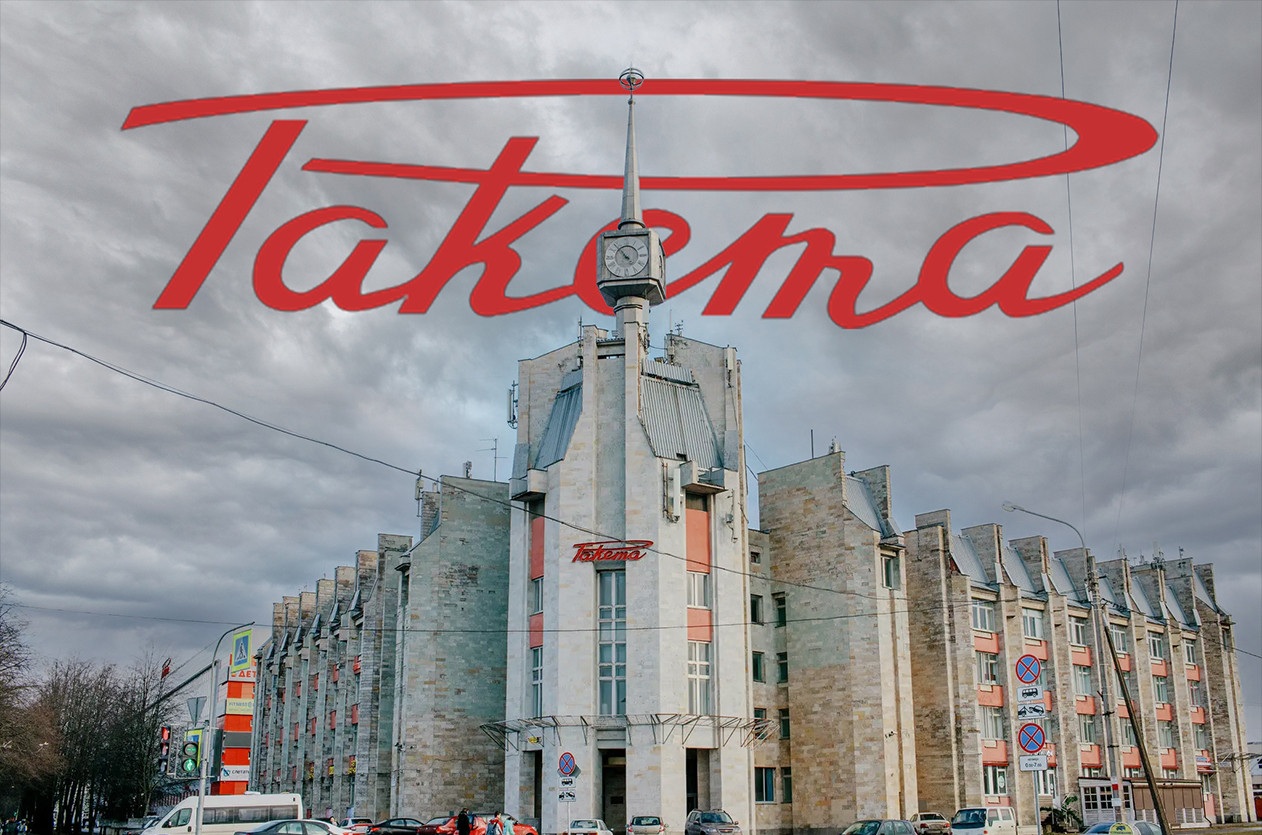
Editorial Raketa, the beating heart of Russian watchmaking
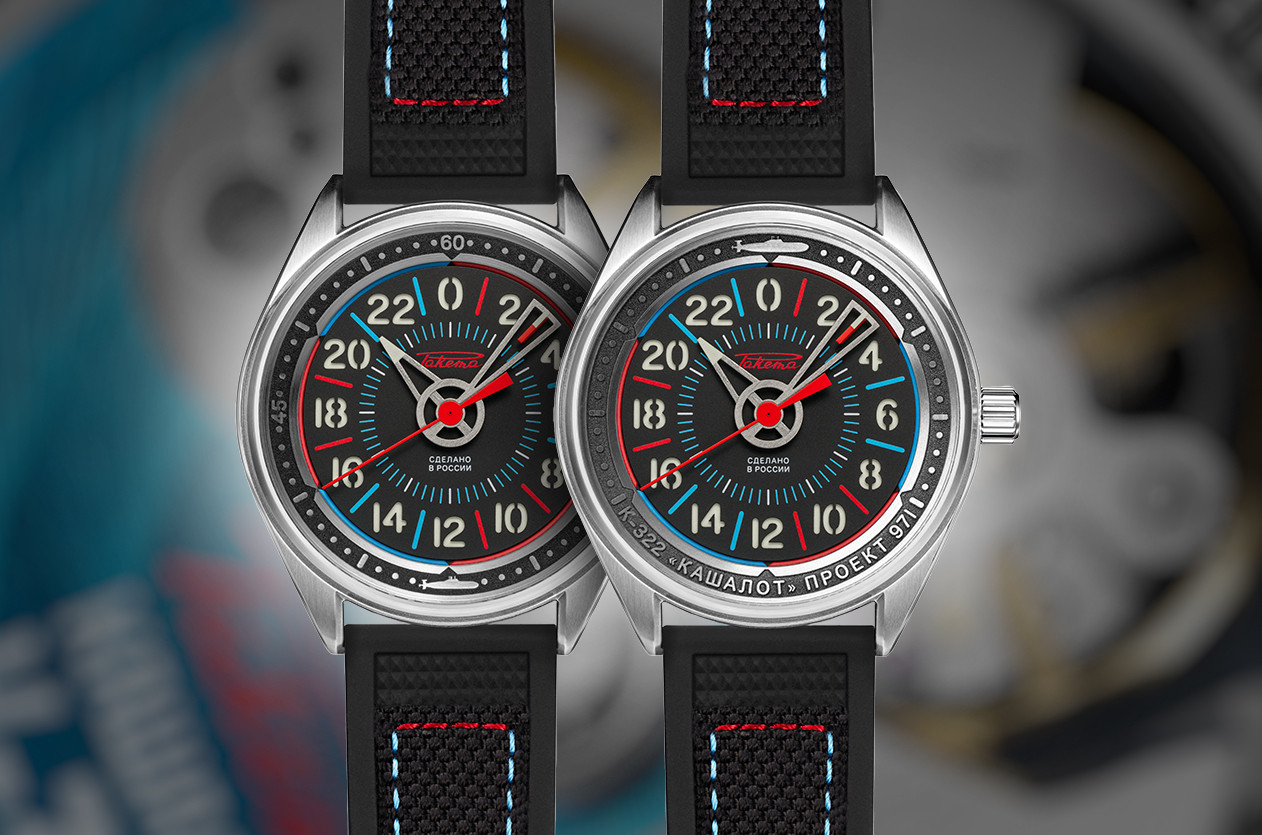
Introducing The Russian Watchmaker “Raketa” Unveils its latest Releases the Sonar
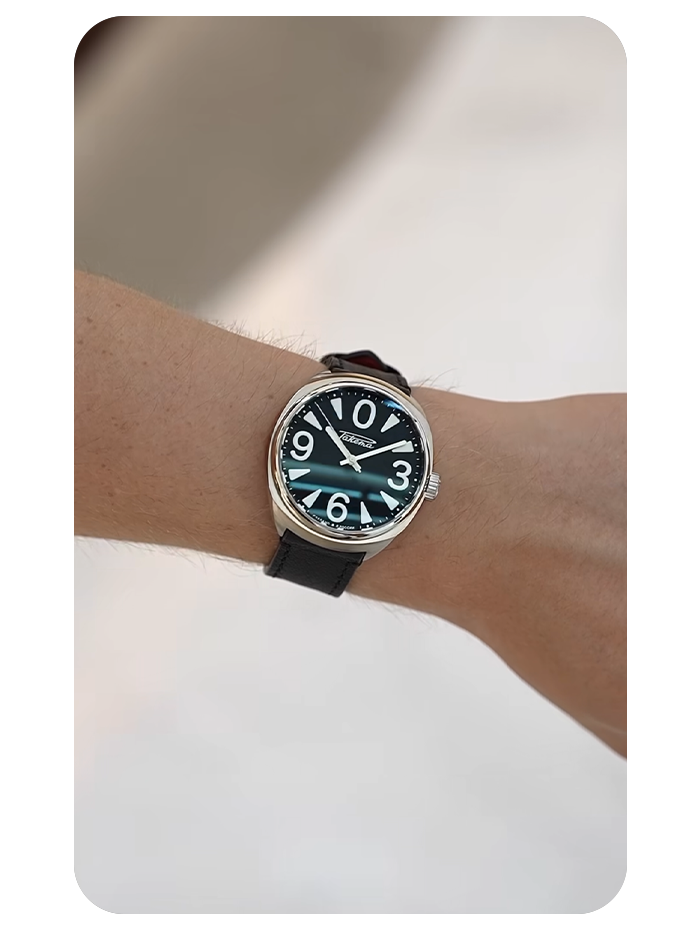
Hands on The Big Zero watch, from Raketa, the Russian watchmaker
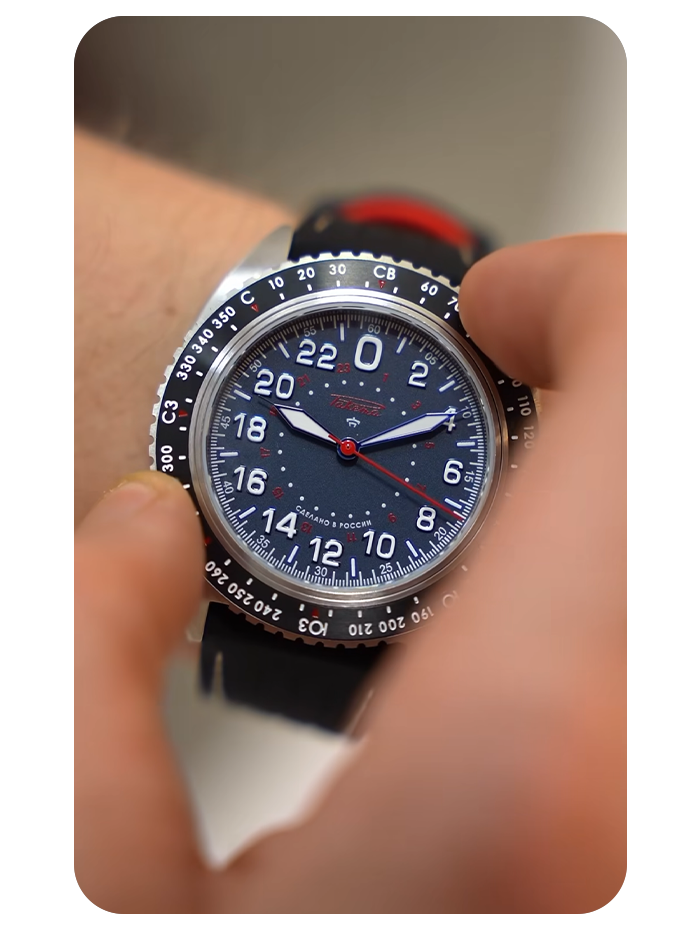
Hands on Exploring the world of Raketa Watches
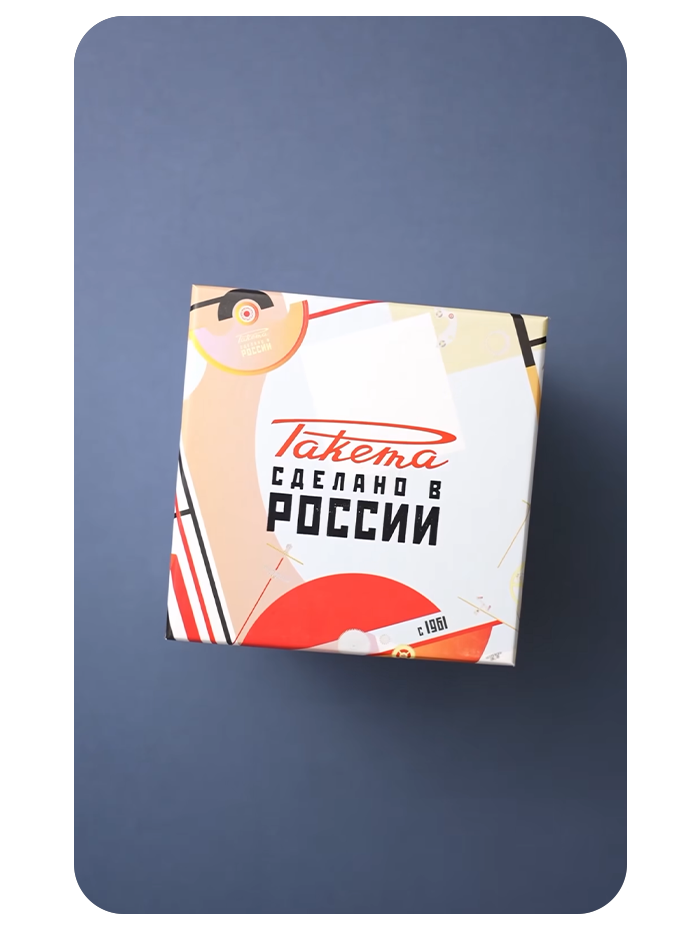
Hands on Experience time in a whole new way with the RAKETA "RUSSIAN CODE" 0302
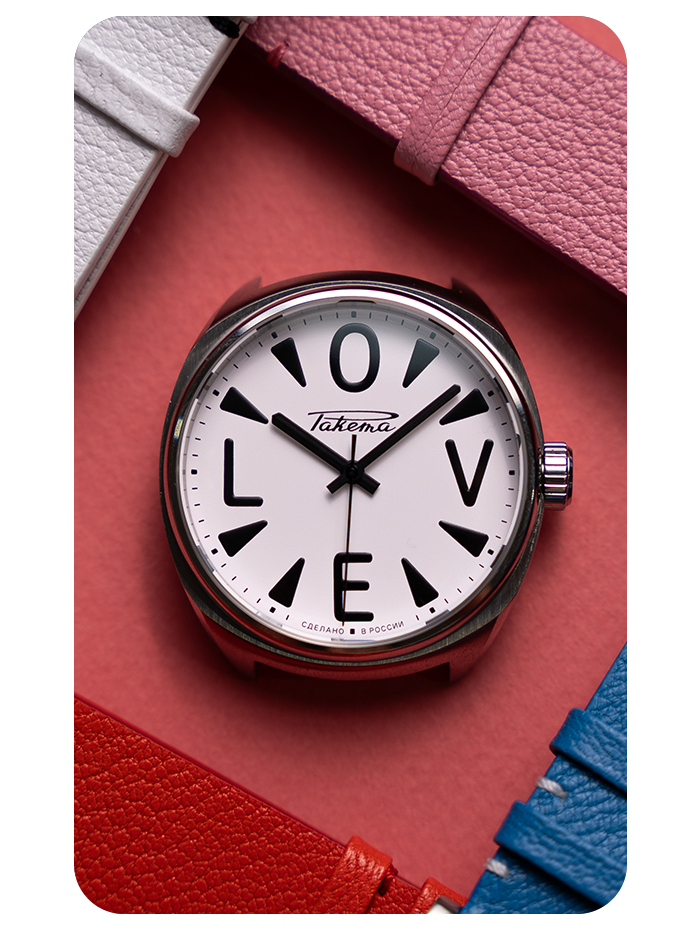
Hands on Everything starts with love! Introducing Raketa’s ‘Big Love’ timepiece
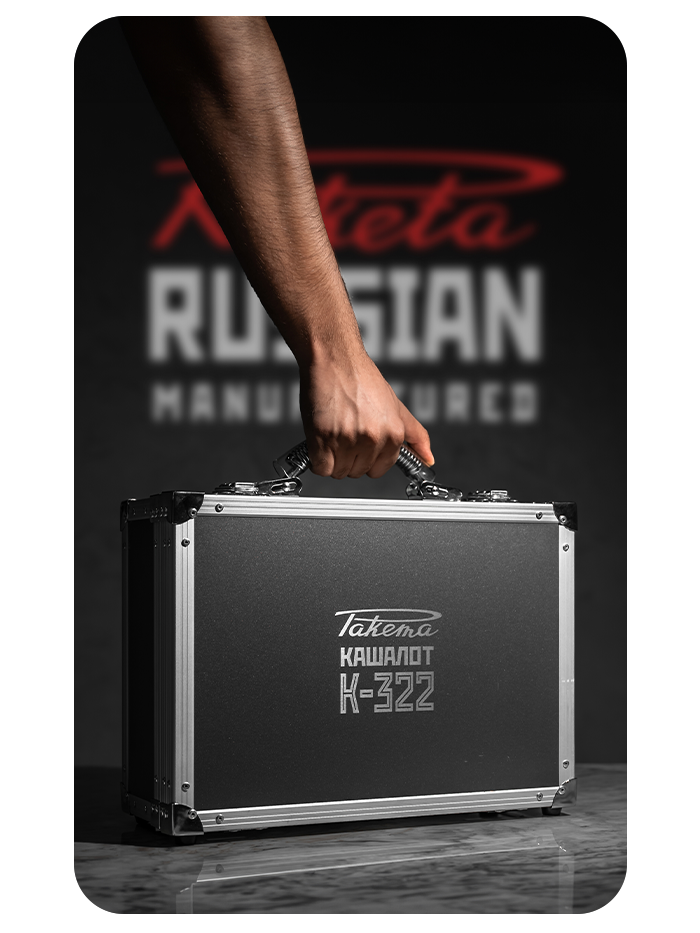
Hands on Raketa Sonar The Russian Submarine
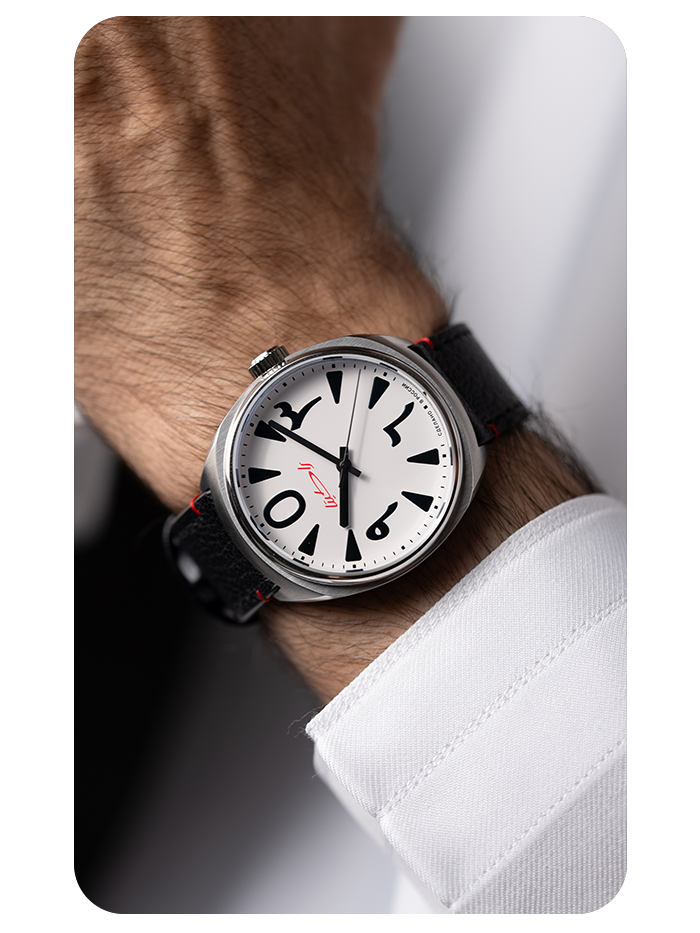
Hands on The Raketa Big Zero Arabic
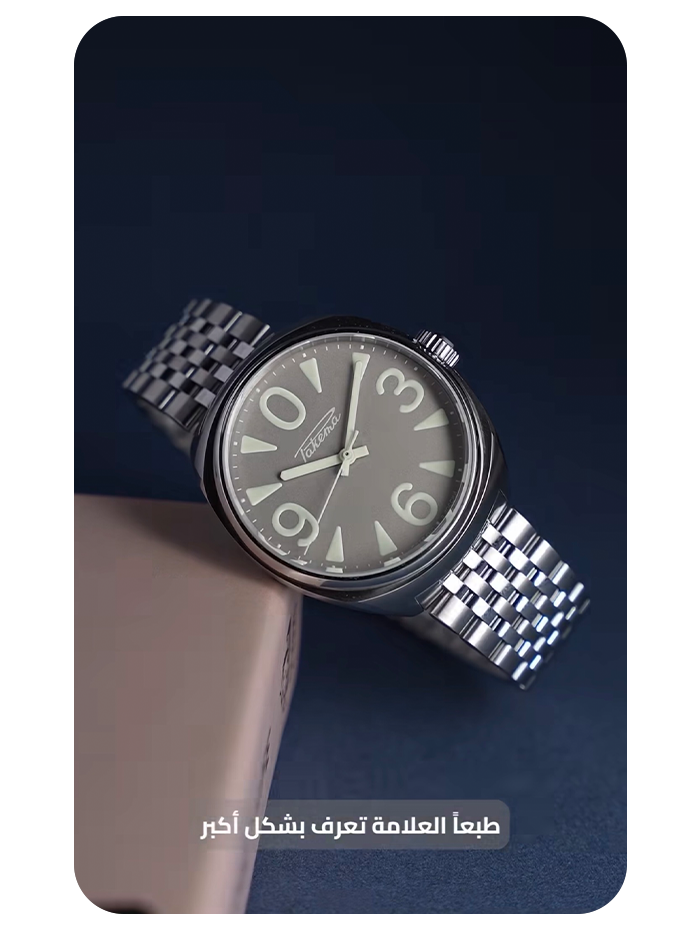
Introducing A standout creation from the Russian brand Raketa, the iconic Big Zero with a fresh dial and a distinctive metal bracelet

News Dubai Watch Week 2025 Will Be the Largest Ever with 90 Brands Participating
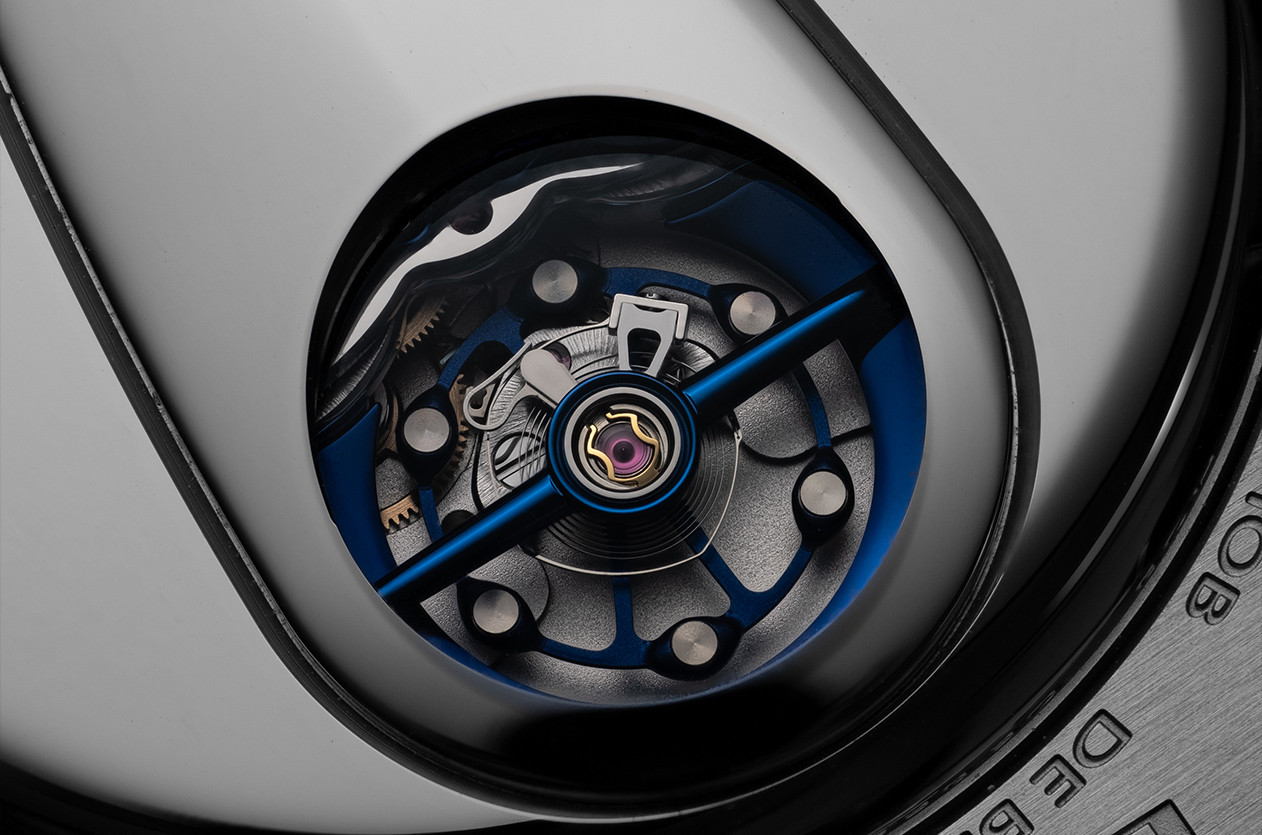
Technical The Frequency, Why It Matters in Mechanical Watches
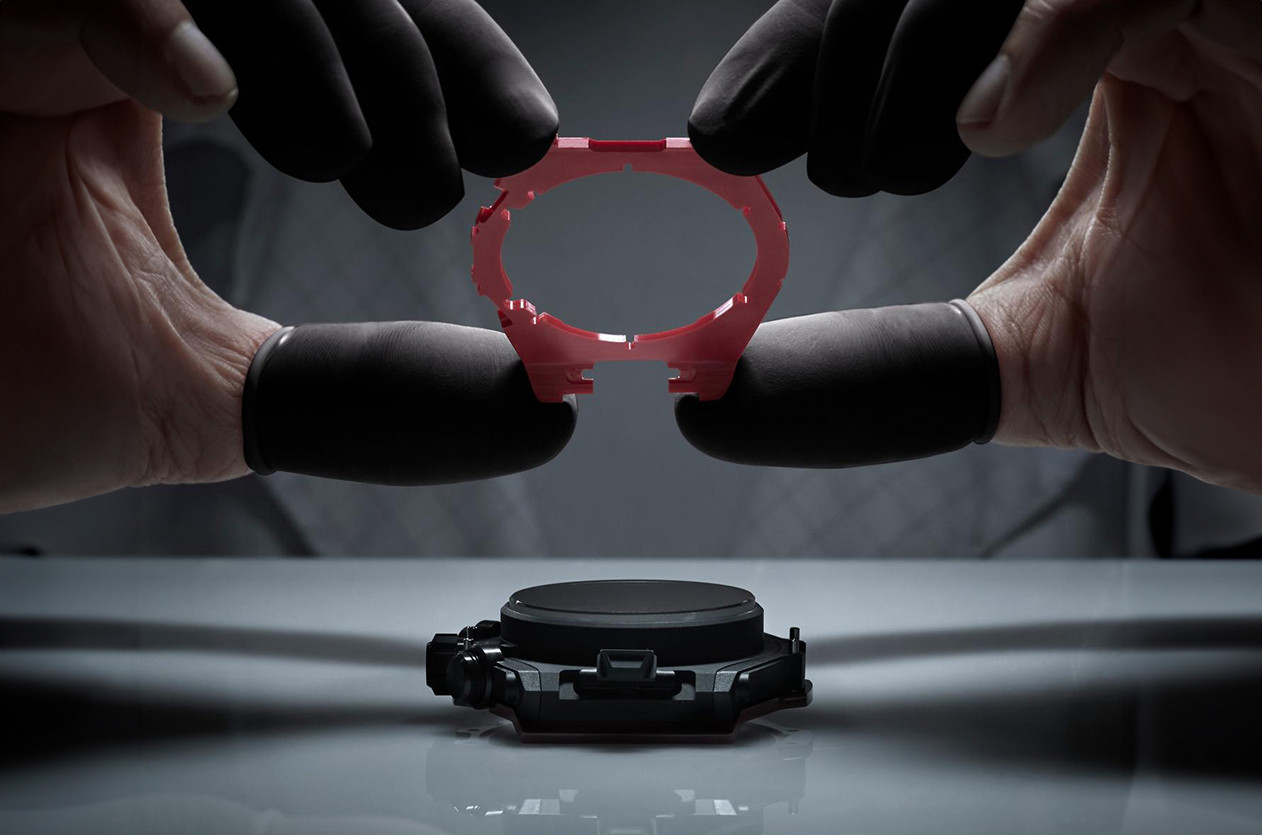
Editorial The Secrets of Watch Case Design

Editorial Abraham-Louis Breguet, The Father of Modern Horology
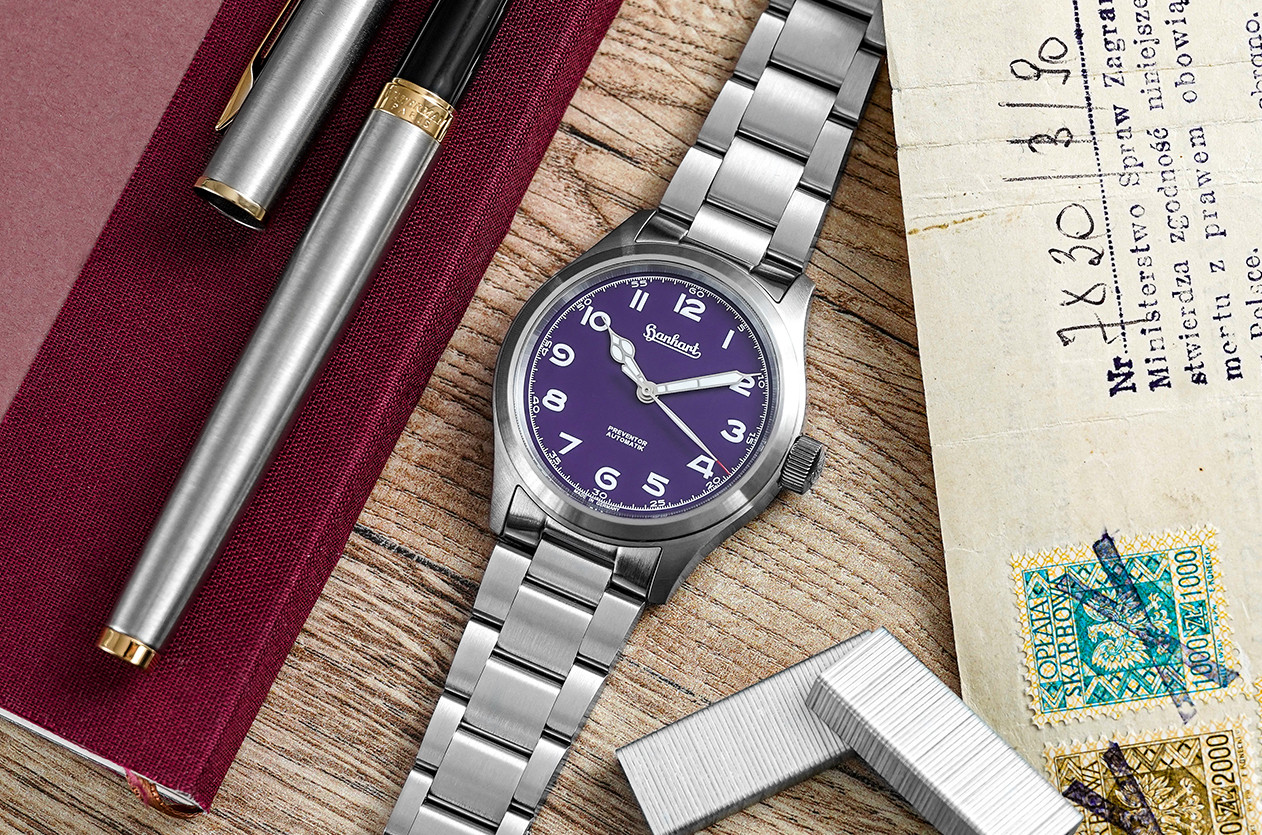
Introducing Hanhart Unveils the Limited Edition Preventor HD12 Silk Purple